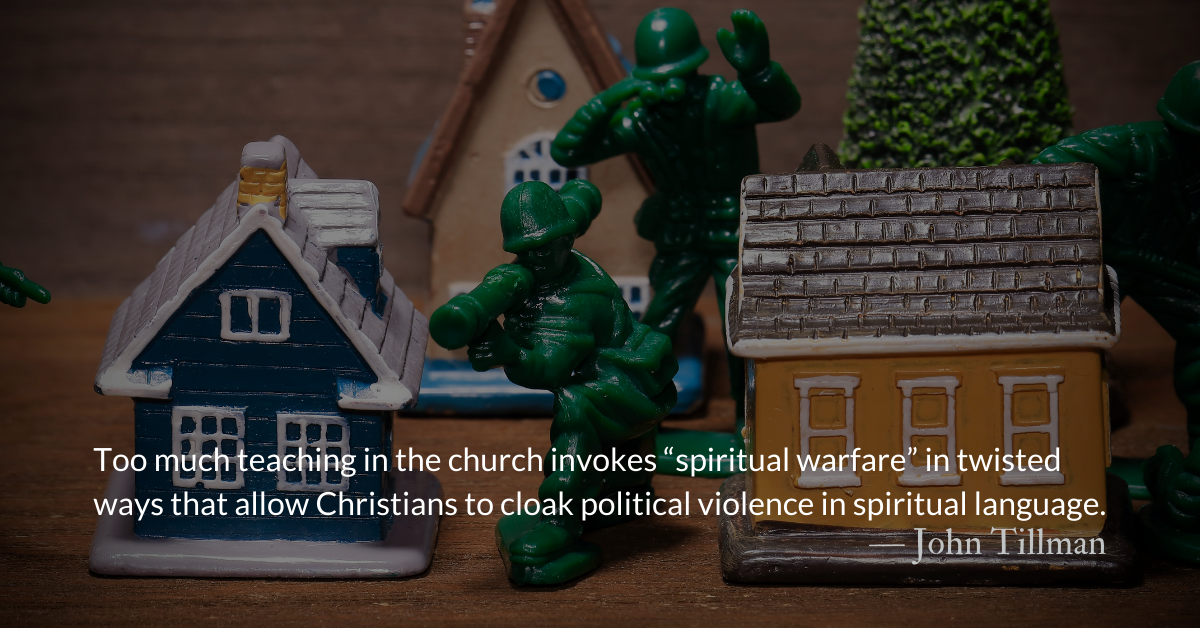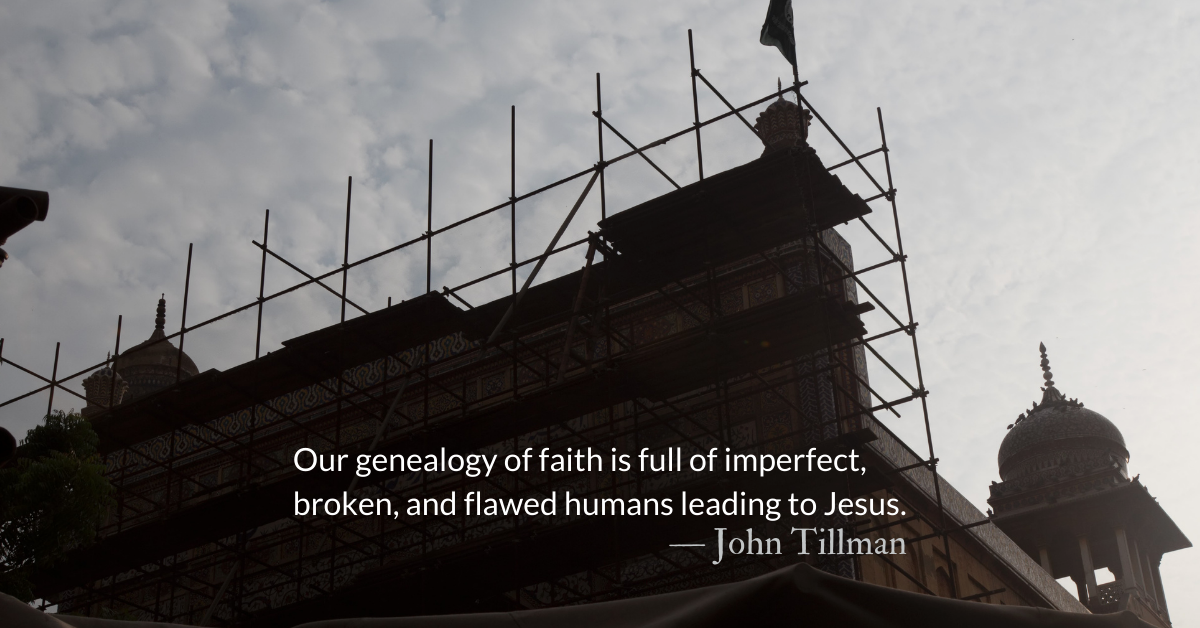Scripture Focus: 1 Chronicles 17.9-10
9 And I will provide a place for my people Israel and will plant them so that they can have a home of their own and no longer be disturbed. Wicked people will not oppress them anymore, as they did at the beginning 10 and have done ever since the time I appointed leaders over my people Israel. I will also subdue all your enemies.
“ ‘I declare to you that the Lord will build a house for you:
Reflection: What We Do For God
By John Tillman
When we feel thankfulness towards people, it is natural to want to do something for them in return. This is the motivation David has in wanting to build a “house” for God.
“I have a house,” David thinks, “surely God wants one too.” It’s a natural thought for someone who spent years running for his life, living in caves and tents. Permanency and place are a comfort David has not often known. He longs for a more permanent sense of God’s presence.
God eventually allows David to plan and Solomon to build the Temple. However, God emphasizes that he neither needs nor desires a “home” and tells David that, rather than David building a house for him, God will build one for David.
As well meant as Solomon’s Temple was, it was insufficient. It became corrupted. It failed. It was deservedly destroyed. We cannot build a house for God any more successfully than David did. Our hands are also bloody. The generations following us will likewise be sinful.
How often do we keep trying to build God a house? How often does he say to us, as he said to David, “No. I will build a house for you.”?
I will plant you and protect you.
I will cause you to bloom and grow fruit.
I will walk with you through darkness.
I will lay a table for you amidst your enemies.
I will prepare a place for you to be with me.
I will come and bring you to myself.
Every house has a builder. The house we are destined for is one built by God. (Hebrews 3.4; Isaiah 62.5) To enter it, we will have to put on the righteousness that is won for us by Christ. Nothing we have built will enter it.
What we might do “for God” cannot compare to what God has done. And, at times, what we do “for God” turns out to be just something else for ourselves. Rather than attempt to do great things for God, we should simply do godly things for others.
Do we want to do something for God? Then we should do it for the least of these, the brothers and sisters of the lowly Jesus. (Matthew 25.40, 45) When we do things for the least of these we are doing those things for God. These acts of worship are the Temple, the “house,” God desires to build as his church.
Divine Hours Prayer: The Greeting
I love you, O Lord my strength, O Lord my stronghold, my crag, and my haven. — Psalm 18.1
– From The Divine Hours: Prayers for Autumn and Wintertime by Phyllis Tickle.
Today’s Readings
1 Chronicles 17 (Listen – 4:14)
James 4 (Listen – 2:25)
Read more about Prayer of Devotion from the USA
Give me the courage and strength to follow Christ’s example, and to share the abundance of my blessings, now and forever.
Read more about Wake-up Call
Don’t push “snooze” on the alarms sounding in these passages. Their intention is not to terrify us, but to guide us to action.











